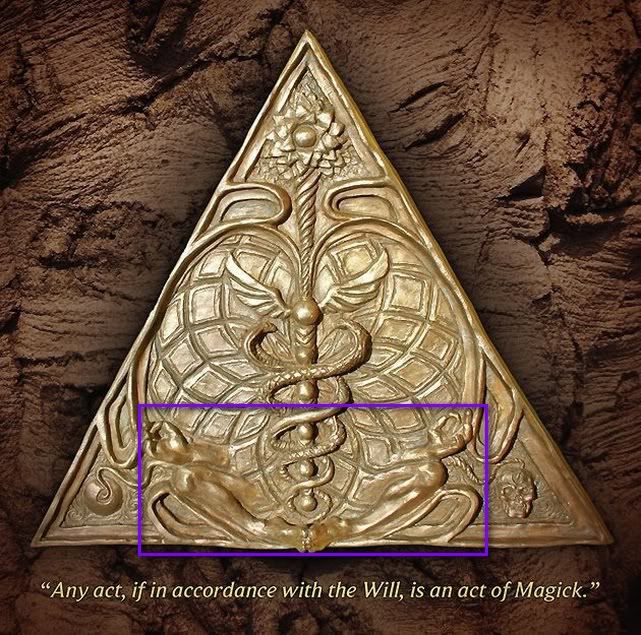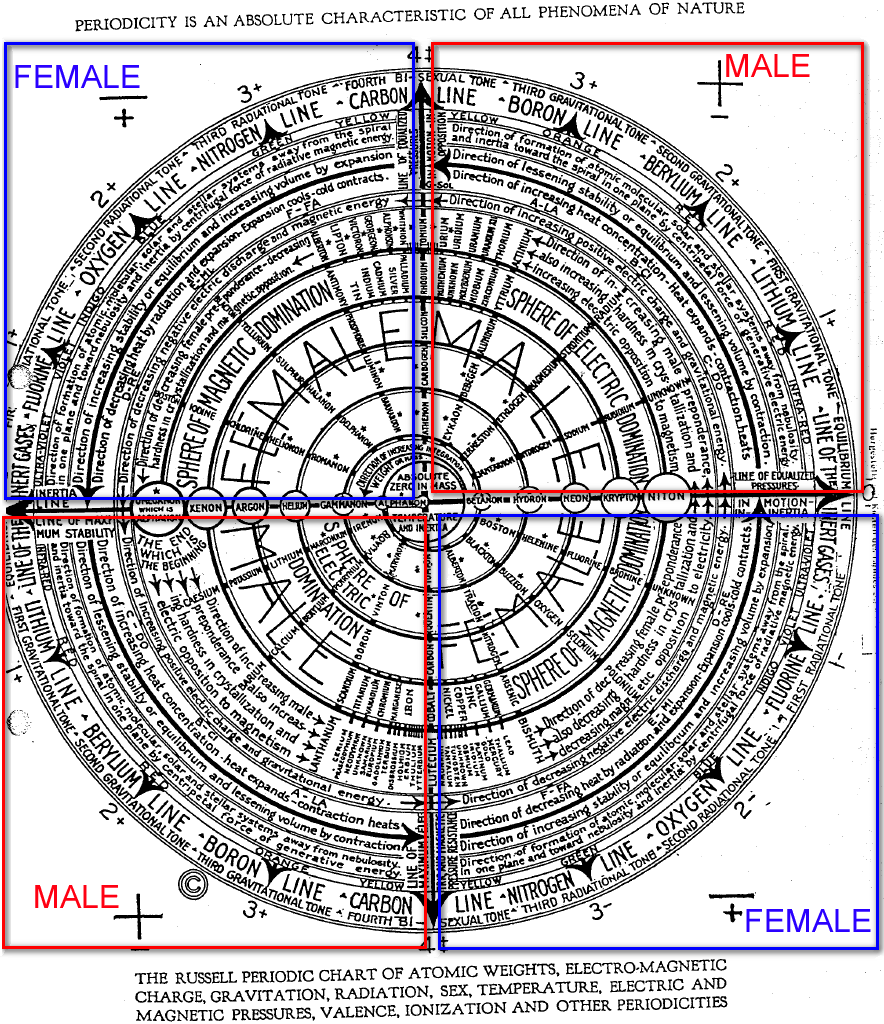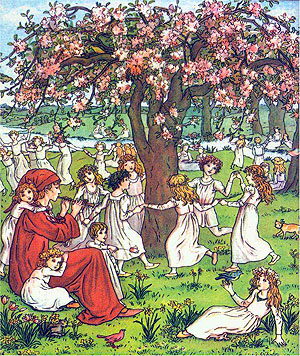Front-most part of the cortex involved in making short-term predictions about what will happen next

-------------------
On the origin of music by means of natural selection
my first reaction to the above article
An expression i fell in love with : Oh Honey
taken from :
ps : did not know that about Oh Honey .............. a nice synchronicity .... the Bro Code

then again all Truth is Half Truth






Researchers at the University of Iowa, together with colleagues from the California Institute of Technology and New York University, have discovered how a part of the brain helps predict future events from past experiences. 
 The work sheds light on the function of the front-most part of the frontal lobe, known as the frontopolar cortex, an area of the cortex uniquely well developed in humans in comparison with apes and other primates.
The work sheds light on the function of the front-most part of the frontal lobe, known as the frontopolar cortex, an area of the cortex uniquely well developed in humans in comparison with apes and other primates.

 The work sheds light on the function of the front-most part of the frontal lobe, known as the frontopolar cortex, an area of the cortex uniquely well developed in humans in comparison with apes and other primates.
The work sheds light on the function of the front-most part of the frontal lobe, known as the frontopolar cortex, an area of the cortex uniquely well developed in humans in comparison with apes and other primates.
-------------------
On the origin of music by means of natural selection
Do away with the DJ and scrap the composer. A computer program powered by Darwinian natural selection and the musical tastes of 7,000 website users may be on the way to creating a perfect pop tune, according to new research published today in the journal Proceedings of the National Academy of Sciences (PNAS).
An expression i fell in love with : Oh Honey
taken from :
"Oh Honey" is the fifteenth episode of the sixth season of the CBS sitcom How I Met Your Mother and the 127th episode overall. It aired on February 7, 2011.

then again all Truth is Half Truth

Scientists from Imperial College London have devised a way of producing music from noises without a composer. They programmed a computer to produce loops of random sounds and analyse the opinions of musical consumers, who decided which ones they liked. The result is music filled with many of the sophisticated chords and rhythms familiar from modern songs.
The results could also help explain why popular musical trends continuously evolve and why traditional musical forms can persist for thousands of years.
The results could also help explain why popular musical trends continuously evolve and why traditional musical forms can persist for thousands of years.


























 a truly funny analogy indeed!
a truly funny analogy indeed!
Comment